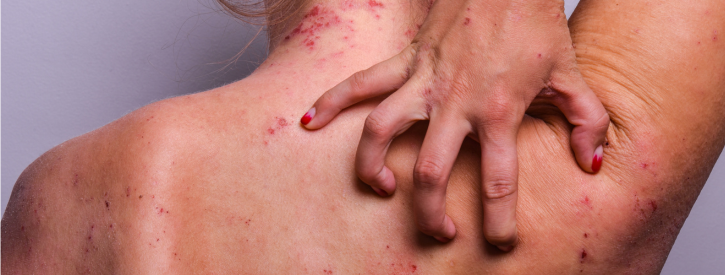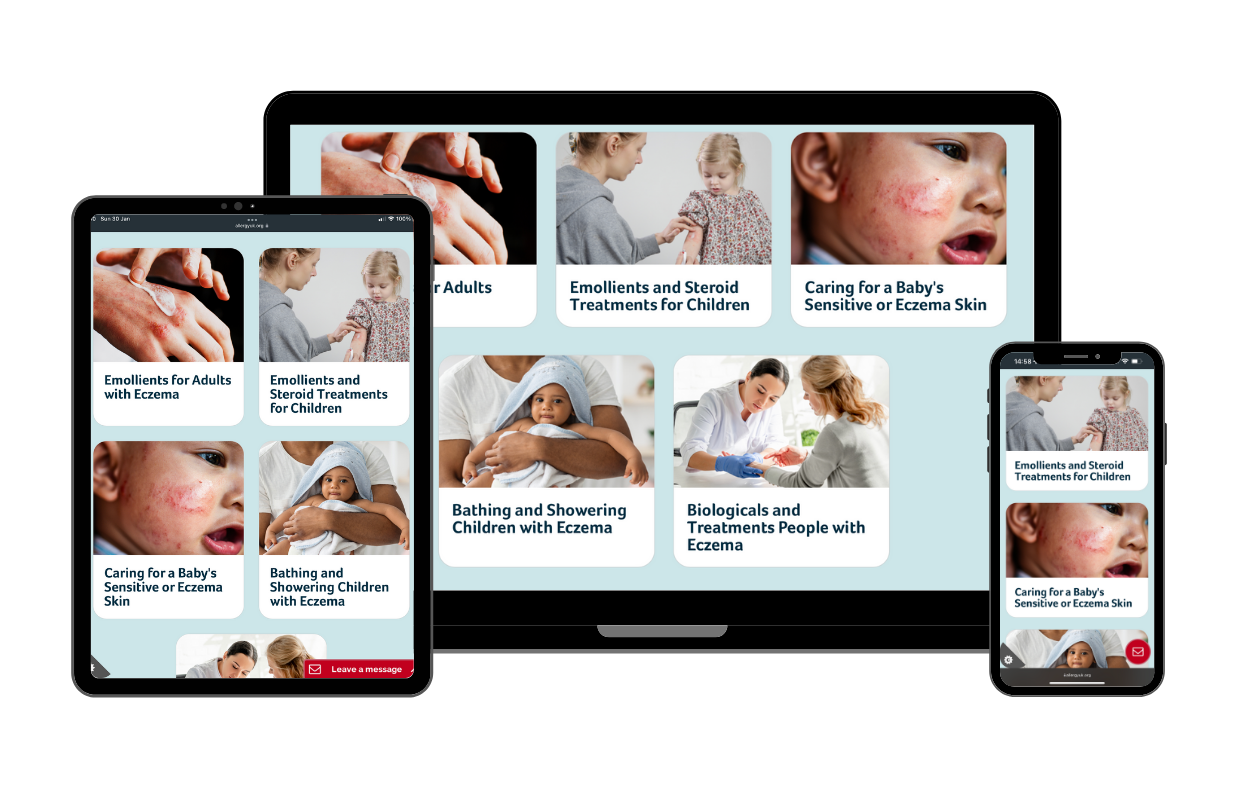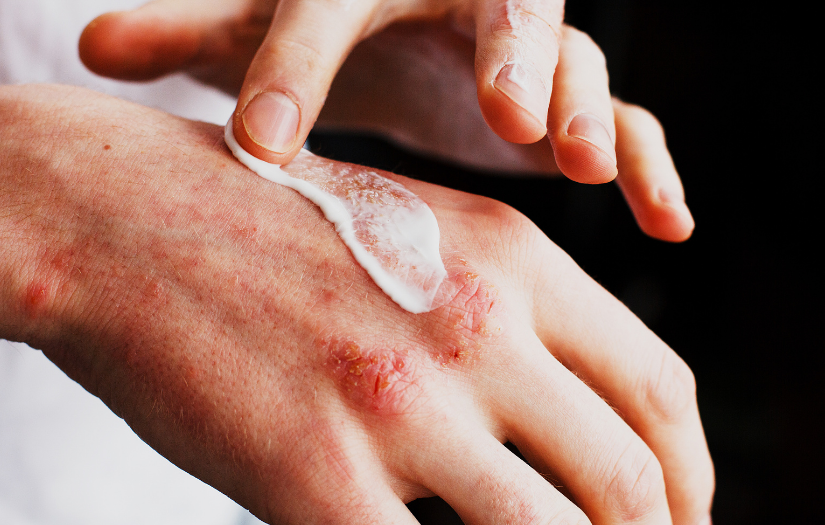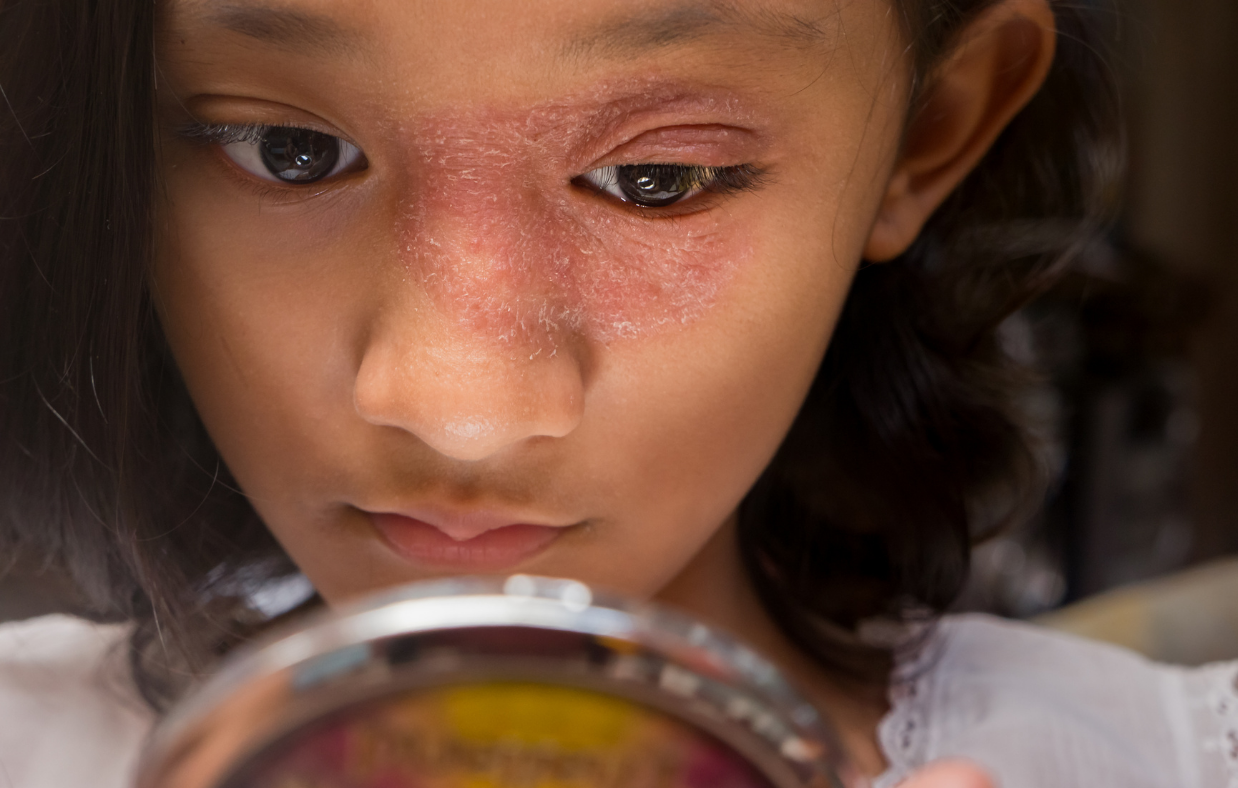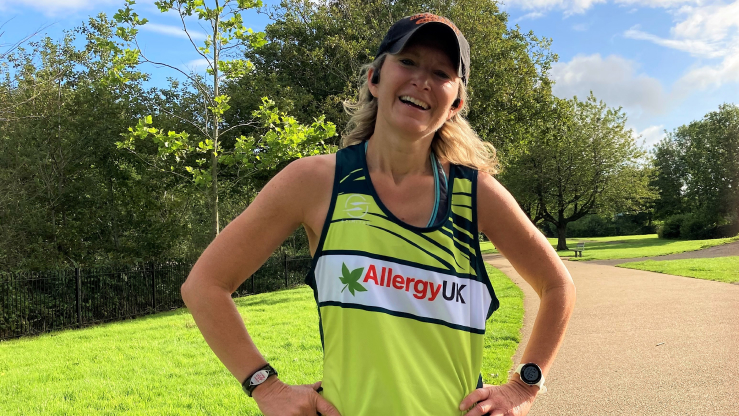Eczema is contagious…
Eczema is not contagious and shouldn’t be feared by others. It can’t spread from person to person. But the stigma can. Atopic eczema causes the skin to become itchy, dry, cracked and sore. Some people only have small patches of dry skin, but others may experience widespread inflamed skin all over the body. But it is not contagious. A look, a comment, a sneer will not be missed by someone so publicly wearing their condition on their skin.
Eczema can be cured…
There is currently no cure for eczema, and while some babies will grow out of it, many will have the condition on and off throughout their lifetime. Living with a long-term skin condition such as eczema can take its toll – not knowing how long a flare may last or when a flare may appear – management of symptoms often takes up a significant portion of time. A recent report from Allergy UK found that 32% of patients spent over an hour each day managing their eczema, i.e., through applying creams.
Living with eczema can also come at a cost; prescription creams, shop-bought skin creams, and household products can all add up. But managing the condition is vital, so patients have no choice but to pay the price – often 10 times over to find a product that works for them. A UK research study found that the annual personal cost to all patients in the UK with atopic eczema would be £297m.
Eczema in skin of colour…
Eczema does not discriminate; our education and understanding of eczema shouldn’t either. Most people picture eczema as a red, dry, itchy rash – how it appears on white skin. But it doesn’t look red on everyone, with the redness often harder to see on black and brown (or darker) skin tones. Eczema and flare-ups on black and brown skin tones will have a dark brown, purple, or ash grey colour.
It’s important that public beliefs and education represent eczema across all skin tones. The diagnosis, treatment and media representation can lead to barriers faced by this community. By recognising and addressing these disparities, we can move towards a system where everyone can access the support and resources, they need to manage their eczema without stigma.
At Allergy UK, we want to advance skin health equity, change the representation of eczema and change the education gap that exists.

 Helpline
Helpline